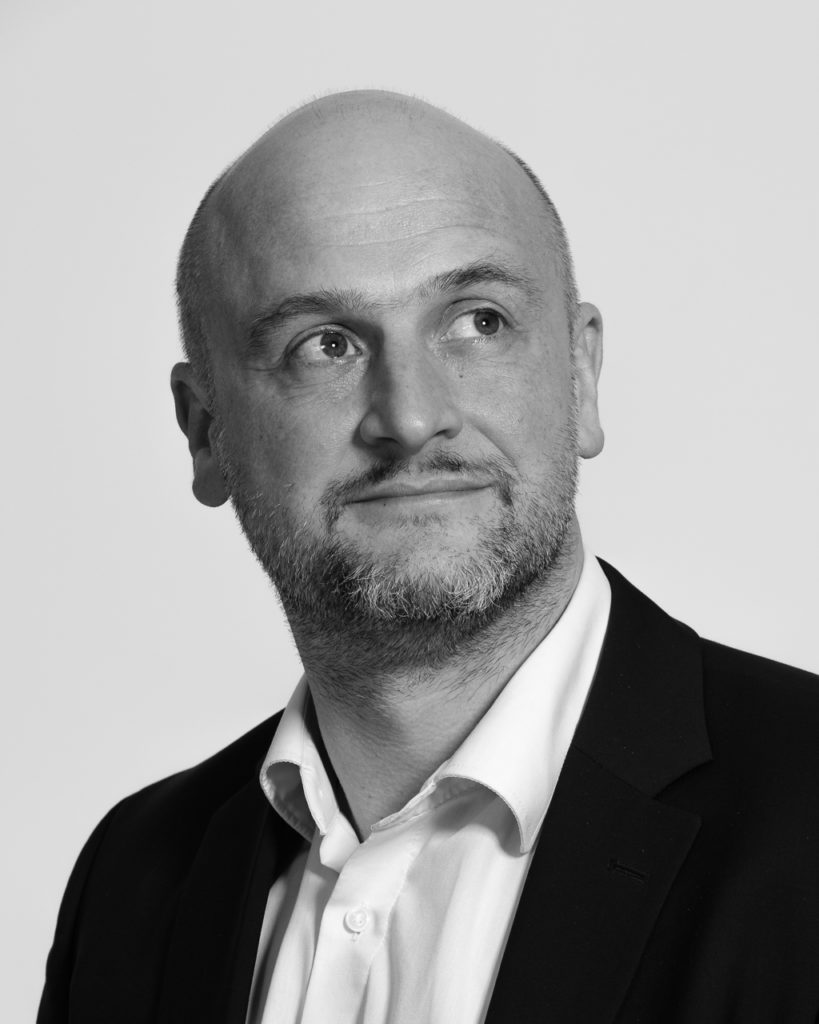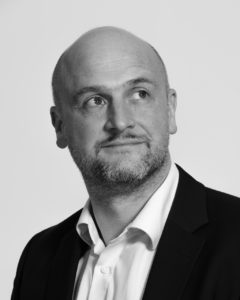
Can health data be marketable?
That’s the fundamental question that visiting researcher Claus Rehfeld hopes to answer during his time at the Sutardja Center this year. An economist by education, Rehfeld spent 20 years working in businesses related to health data. For his doctorate, Rehfeld is looking at how best to define health data in such a way that it has value.
 “It seems as if the definition of health data is data that is created in the contact between doctor and patient,” Rehfeld said. “We’re going towards a scenario where everything that is related to behavior in a single person is also health data. Having that difference in understanding what health data is creates some different markets.”
“It seems as if the definition of health data is data that is created in the contact between doctor and patient,” Rehfeld said. “We’re going towards a scenario where everything that is related to behavior in a single person is also health data. Having that difference in understanding what health data is creates some different markets.”
Rehfeld is from Denmark, where health data is collected by the government automatically. As a result, the data is unbiased and thorough. According to Rehfeld, the idea of sharing data with the government is actually positive in Denmark — citizens believe that the government is using that information for good, not “evil.”
“The inherent idea of the Danish government is that the state is doing what’s best for you,” Rehfeld said. “Sharing data with the government is not a problem.”
Almost everyone in Denmark has a Facebook account, according to Rehfeld, which contributes to the country’s technologically integrated society. Rehfeld said that he was able to look at his health data and bank records from San Francisco with ease.
Additionally, while making a profit off of data is considered a good thing in the US, Rehfeld said that it’s actually a problem in Denmark. Part of the discussion requires seeing how data can be anonymized to the point where it can be traded without disclosing people’s identities or misusing personal information.
When asked what brought him to SCET, Rehfeld said he appreciates the emphasis on translating research into actual value in companies. Taking it a “step further” from writing academically-correct papers is something that he said he found beneficial at SCET.
“It’s super interesting to be looking at Denmark from the outside,” Rehfeld said. “People are thinking globally instead of locally — more Danes should have that experience!”
